Get in touch with us
Leave a message
We supply premium thermoplastic vulcanizate (TPV) plastic pellets known for elasticity, weather resistance, and thermal stability. Perfect for automotive, construction, and sealing industries, our materials ensure superior performance and durability. With a focus on quality assurance, cost-effective solutions, and global delivery, we’re committed to empowering your manufacturing needs with reliable, high-quality products tailored to demanding applications.
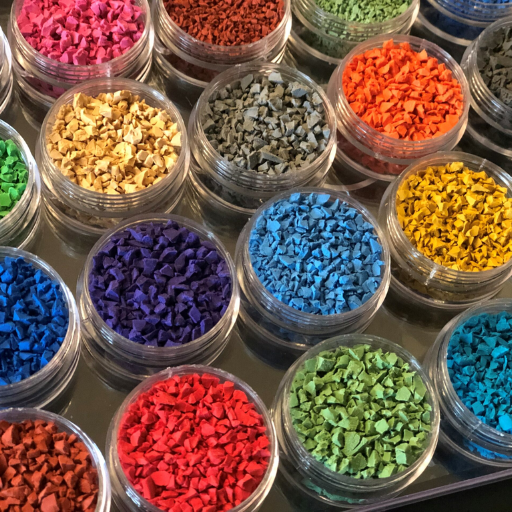
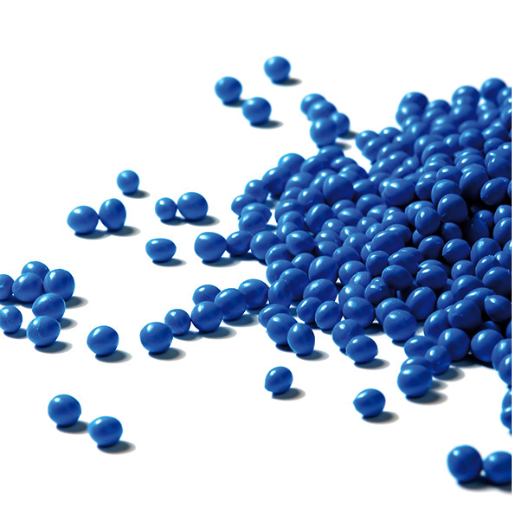
Plastic pellets for injection molding offer exceptional versatility and reliability, making them a game-changer across industries. Their consistent quality, processability, and durability ensure reliable performance in demanding applications, driving innovation and efficiency for your business.
TPV plastic particles have rubber-like elasticity and can quickly return to their original shape after compression or stretching, making them ideal for high-performance seals, gaskets and shock-absorbing parts that require repeated deformation.
TPV can effectively resist ultraviolet (UV), ozone and extreme weather conditions, and is suitable for outdoor applications such as building seals or automotive exterior parts. It is not easy to age or crack after long-term use.
TPV maintains mechanical properties and flexibility in the temperature range of -40°C to 130°C, and is suitable for high or low temperature environments, such as automotive engine compartment parts or pipe seals in cold climates.
TPV is easy to process by injection molding, extrusion or blow molding, has good fluidity, short molding cycle, supports the production of complex geometries, reduces waste, and improves manufacturing efficiency.
| Property | Typical Value | Advantage |
|---|---|---|
| Tensile Strength | 5-20 MPa | Balances flexibility and strength for dynamic applications like seals. |
| Impact Resistance | Moderate (Notched Izod ~100 J/m) | Sufficient toughness for automotive and construction uses. |
| Light Transmission | 0-50% (Opaque to Semi-transparent) | Suitable for non-transparent applications; adjustable for aesthetics. |
| Light Transmission | 0-50% (Opaque to Semi-transparent) | Suitable for non-transparent applications; adjustable for aesthetics. |
| Operating Temperature | -60°C to 135°C | Wide range, reliable for extreme conditions in outdoor settings. |
| Density | 0.90-0.97 g/cm3 | Lightweight, reduces material costs and eases handling. |
| Refractive Index | 1.4-1.5 | Moderate clarity, suitable for semi-transparent applications. |
Thermoplastic vulcanizate (TPV) pellets offer exceptional elasticity and durability, making them a game-changer across industries. Their weather resistance, thermal stability, and flexibility ensure reliable performance in demanding applications, driving innovation and efficiency for your business.
TPV Plastic Pellets are widely used in automotive weatherstripping, door seals, and gaskets, providing excellent elasticity to ensure a tight seal, while their resistance to UV, ozone, and temperature fluctuations (-60°C to 135°C) ensures long-term performance in harsh outdoor conditions.
In the construction industry, TPV is ideal for window seals, roofing membranes, and expansion joints, offering superior weather resistance against UV radiation, moisture, and extreme temperatures, ensuring durability and flexibility in dynamic structural environments.
TPV is used to manufacture flexible industrial hoses and tubing, where its resistance to chemicals, oils, and temperatures makes it suitable for transporting fluids in demanding settings, such as manufacturing plants or chemical processing facilities.
TPV pellets are utilized in producing soft-touch grips for tools, kitchen appliances, and personal care products, providing a comfortable, non-slip surface with excellent durability and resistance to wear, enhancing user experience.
TPV is applied in electrical insulation, particularly for cable jackets and wire coatings, offering flexibility, resistance to environmental factors like moisture and UV, and thermal stability, ensuring reliable performance in outdoor or industrial electrical applications.
TPV is used in the production of padding for protective gear, such as knee pads or helmet liners, as well as grips for sports equipment, providing a combination of impact resistance, flexibility, and comfort for enhanced safety and performance.
Suzhou Yifuhui New Material Co., Ltd. delivers premium TPV plastic pellets with advanced manufacturing and strict quality controls. Products are tailored for diverse applications such as automotive, construction, and sealing industries, providing exceptional elasticity, weather resistance, and performance to enhance competitiveness. With a robust global supply network, competitive pricing, and dedicated support, seamless delivery and customized solutions are assured. Focused on innovation and precision, Suzhou Yifuhui ensures reliable partnerships that exceed expectations, supporting long-term client success in dynamic markets.
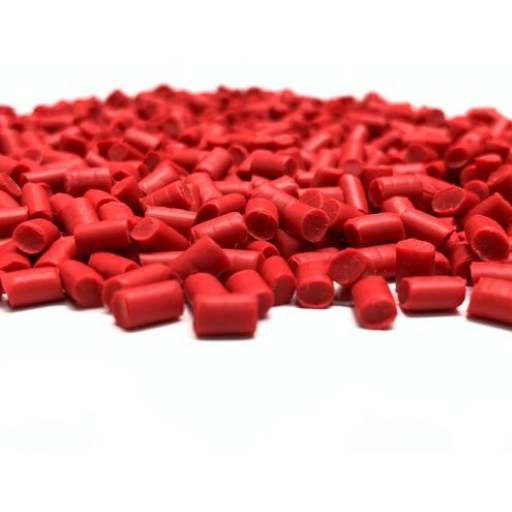
Understand from our clients what they say about doing business with us and the unique value addition we provide.


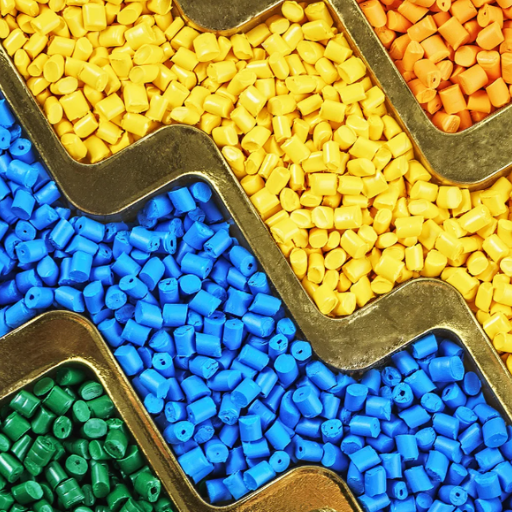
The thermal conductivity of TPV typically ranges from 0.15 to 0.25 W/m·K, depending on the specific formulation, making it a good insulator for applications requiring thermal resistance.
TPV offers temperature resistance from -60°C to 135°C, maintaining elasticity and mechanical properties across this range, suitable for both hot and cold environments.
TPV material hardness typically ranges from 35 Shore A to 50 Shore D, offering a balance of flexibility and rigidity depending on the grade and application.
Yes, certain grades of TPV plastic are food safe and comply with FDA or EU regulations for food contact, but always verify the specific grade for compliance.
Stay inspired and innovative by following our blog, where we share the latest best practices, techniques, breakthroughs, and insights in the field.
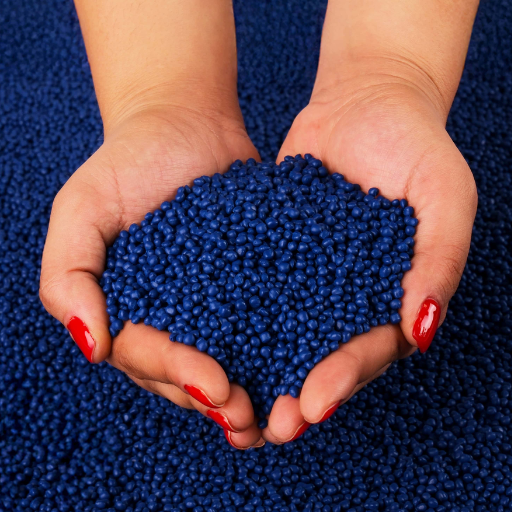
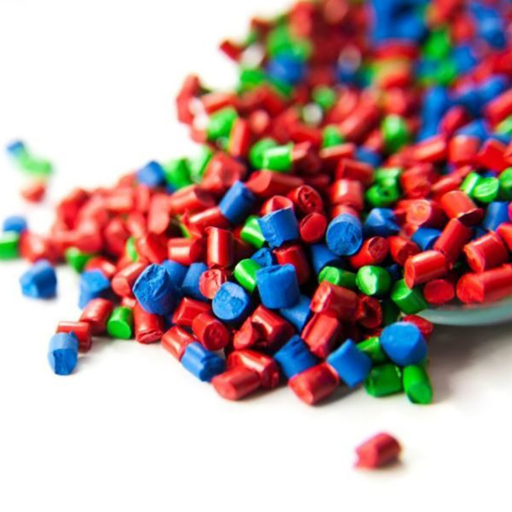
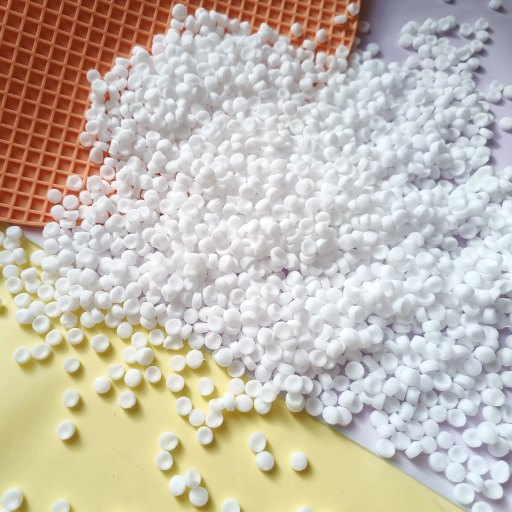
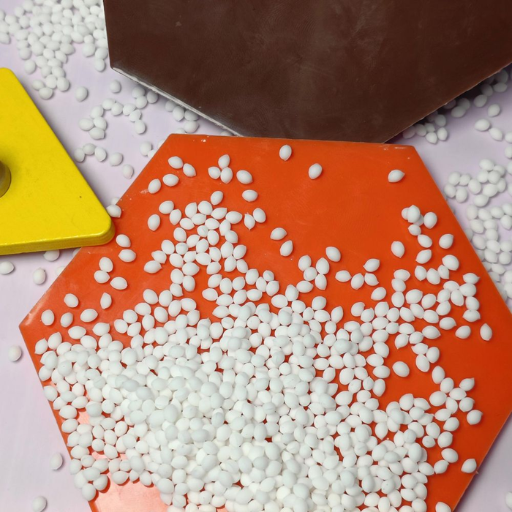
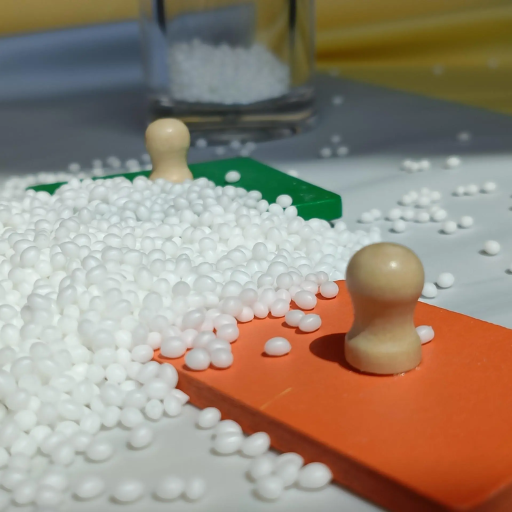
Explore Yifuhui, a trusted supplier among TPV Plastic Pellets suppliers in China. With precision manufacturing and competitive TPV Plastic Pellets prices, we deliver high-quality TPV pellets tailored for diverse industries. Partner with us to enhance your production efficiency and materials performance today.
A:
TPV Plastic Pellets provide excellent elasticity similar to rubber, superior weather resistance against UV and ozone, and thermal stability from -60°C to 135°C, making them ideal for demanding applications like automotive seals and industrial hoses.
A:
Yes, TPV is highly suitable for outdoor use as it resists ultraviolet (UV) radiation, ozone, and extreme weather conditions, ensuring long-term durability in applications like construction seals and automotive weatherstripping exposed to sunlight and rain.
A:
Yes, TPV is fully recyclable, allowing manufacturers to reprocess scrap material into new products. This reduces waste, lowers production costs, and supports sustainable manufacturing practices, aligning with environmental regulations.
A:
TPV is widely used in automotive for seals and gaskets, construction for window seals and expansion joints, and consumer goods for soft-touch grips, leveraging its elasticity, durability, and resistance to environmental factors.
A:
TPV maintains its flexibility and mechanical properties down to -60°C, ensuring reliable performance in cold environments, such as in automotive seals or outdoor construction applications during harsh winter conditions.
A:TPV resists oils, greases, and mild chemicals, making it suitable for automotive and industrial uses. However, it may be less effective against strong solvents like ketones or aromatic hydrocarbons, where fluoropolymers like PTFE perform better.
Discover premium plastic pellets and engineering resins, including PC, ABS, PA66, POM, PMMA, HDPE, and more at Yifuhui Plastic.